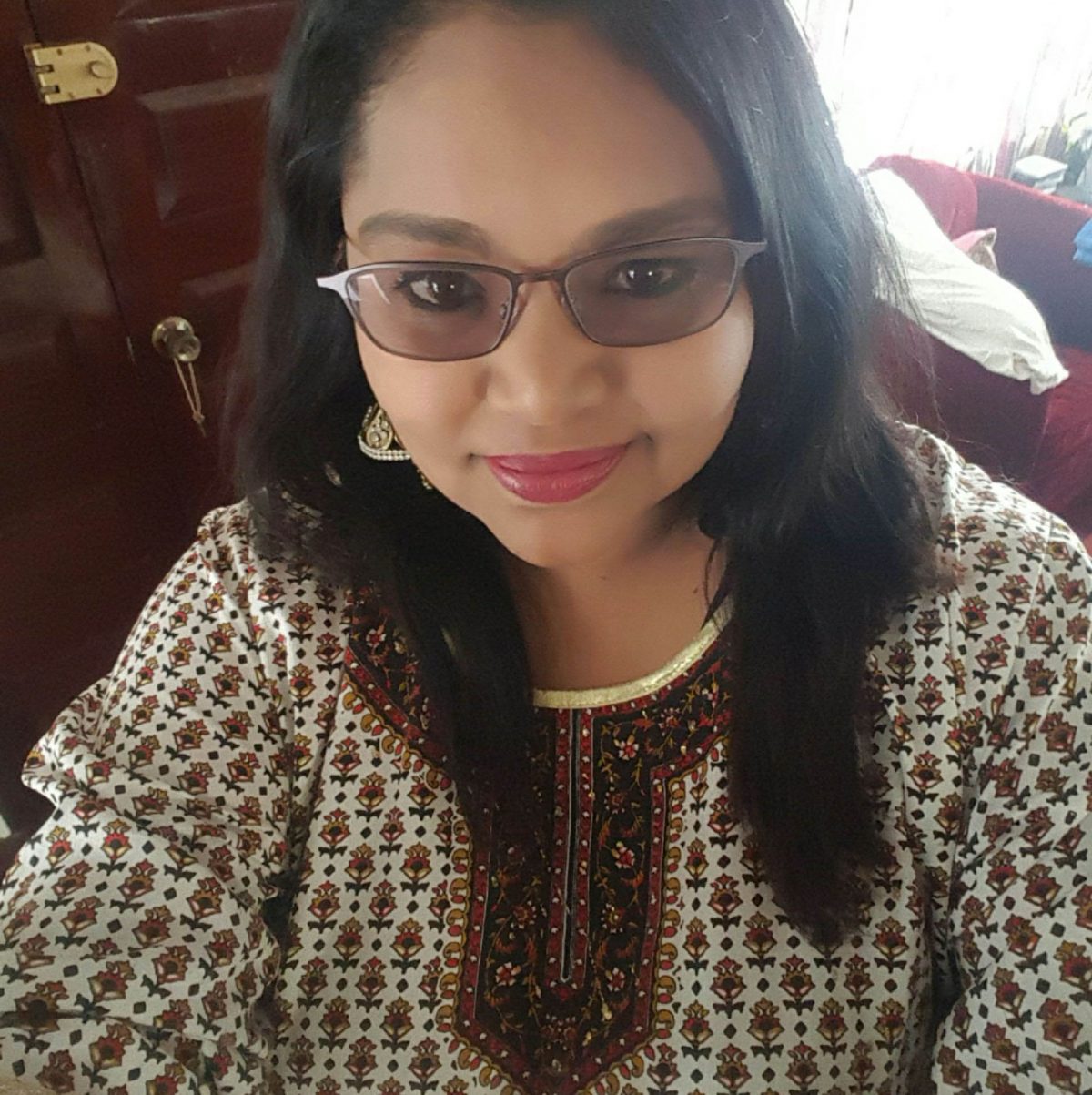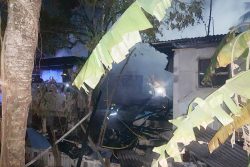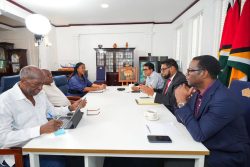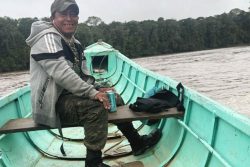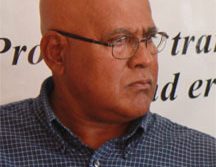Although the confirmed COVID-19 patients in Region Eight (Potaro-Siparuni) have all recovered, Regional Health Officer (RHO) Dr. Charissundra Abdool-Faizoul believes that there is a high probability that the region could see a flood of new cases due to persons illegally travelling to and from Brazil.
Region Eight has confirmed a total of three COVID-19 cases up to the end of last week.
During an interview with Sunday Stabroek, Abdool-Faizoul revealed that there was one case of COVID-19 in Mahdia and two in Itabac. She added that the case in Mahdia originated from the Moruca sub-district, while the two in Itabac originated from Brazil.
The RHO disclosed that two cases in Itabac were detected earlier this month after the Health Department received information regarding a child returning from Brazil. “Despite advice, there is cross border travel to and from Brazil. That seems to be the genesis of infection in Potaro Siparuni. Many villagers do not heed the advice on precautions,” she said.
She further revealed after receiving information that a child whose mother had tested positive for the disease in Brazil was in Itabac, a health team was dispatched to investigate the matter. Investigations revealed that the reports were true, she said, adding that after the child’s mother was isolated by Brazilian authorities, the grandmother, who is a resident of Itabac, decided to bring the child over from Brazil to the Guyana.
However, Abdool-Faizoul noted, the grandmother did not cross over to Brazil. Instead, she said, the grandmother met the child at the Guyana/Brazil border and brought her over to Itabac. To date, the RHO said, the health team is uncertain if the child was accompanied to the border of if she had travelled alone.
Nonetheless, when the health team’s investigations were complete, samples were taken from the child, her grandmother and their neighbour, who is a health worker. However, when the samples were sent out to Georgetown to be tested, there was a problem at the National Public Health Reference Laboratory (NPHRL) and by the time the problem was fixed, the samples were no longer valid.
As a result, the samples had to be retaken and so the health team went back to Itabac but when they arrived, they were told that Brazilian authorities had collected the child as she was a registered Brazilian national. Hence, samples were only taken from the child’s grandmother and the health worker. When the results returned, it was revealed that both of them were infected with the disease.
Abdool-Faizoul reveal-ed that both persons were asymptomatic and thus, as recommended by the World Health Organization (WHO), they were discharged and considered recovered patients. “WHO guidelines are stating that asymptomatic persons testing positive whom have not developed symptoms in the 14-days incubation period are not likely to be contagious,” she said.
Commenting on allegations made by Michael McGarrell, who in a previous report said that the health worker was not advised to isolate himself and continued his daily work life as per normal, Abdool-Faizoul said that the patients were placed in self-isolation and the issue with the health worker is being handled internally.
Meanwhile, the RHO said, there is presently a health team in the North Pakaraima conducting an outreach programme and taking samples from persons who may have had contact with the two COVID-19 patients or who are displaying signs and symptoms of the disease.
She noted that 18 persons have been tested so far and the results of those tests have all returned negative. She added that by the end of the outreach, which is scheduled to conclude either this week or next week, the number of person tested should increase significantly.
Additionally, she said, “the probability exists as with any other region with cross border travel that there can be a high surge in COVID-19 cases within the region.”
However, she said the Ministry of Public Health is working to ensure that probability is slim to none. She added that the health team will be travelling to Kanapang and other communities that are located close to the border. “There are a number of villages along the borderline…so all are areas of interest,” she added.
Abdool-Faizoul also stated that all persons that travel out from mining areas are screened upon their return to Mahdia.
